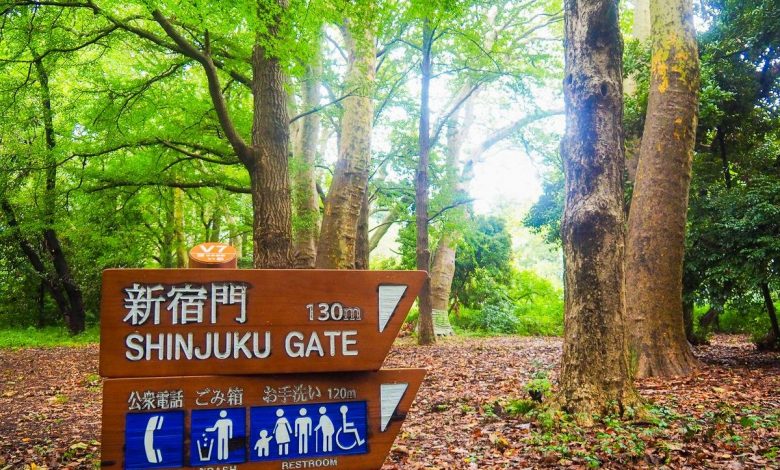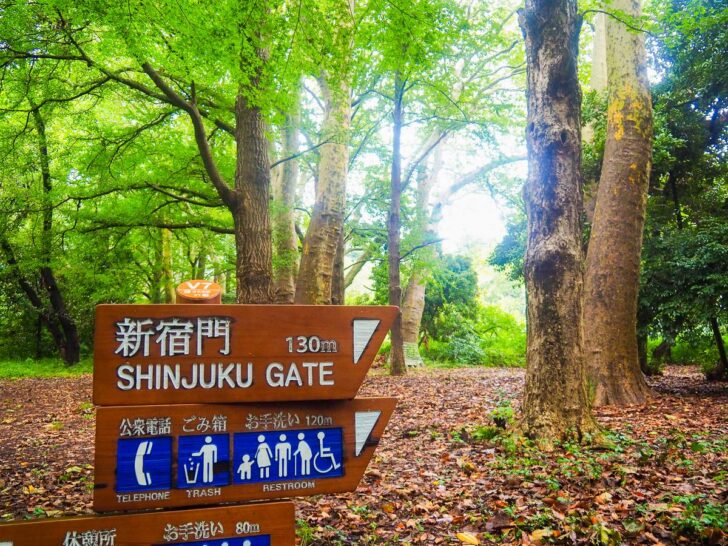Shinjuku Gyoen National Garden: Cultural Heritage Profile

Diplomat.Today
Welcome to our comprehensive travel guide to visiting Shinjuku Gyoen National Garden, a destination known for its unique blend of cultural richness, history and educational value in Shinjuku city, Japan. Here you will find detailed insights into what makes Shinjuku Gyoen National Garden such a unique cultural attraction.
This guide gives you our ratings for Shinjuku Gyoen National Garden’s tourist attraction based on some key criteria. You can find it below to understand why it is included in our list of cultural attractions in Shinjuku City.
Details
Cultural heritage profile
Universal appeal and cultural authenticity
Cultural wealth and educational value
Conservation and integrity
Accessibility and visitor engagement
Overall rating: 4.6/5
1. Cultural authenticity:
Shinjuku Gyoen National Garden combines traditional Japanese gardens with international styles such as French formal and English landscape gardens. The carefully maintained landscapes and architectural elements authentically represent local traditions while incorporating international influences.
2. Historical Significance:
The garden’s evolution from a feudal lord’s estate during the Edo period to an imperial garden for diplomatic purposes and, finally, a public park, illustrates Japan’s historical transitions and transformations. It has significant historical value, especially due to the changes following the Second World War when it was redesignated as a national garden.
3. Artistic value:
Although specific artistic works are not the focus, the garden is an artistic masterpiece. The diverse landscapes, including Japanese, French and English garden styles, have been carefully designed and demonstrate important artistic contributions to the environment.
4. Social impact:
As a public park, Shinjuku Gyoen provides a natural, serene space for the community. It has a positive social impact by promoting relaxation, nature appreciation and community gatherings. Its popularity during the cherry blossom season also increases its global cultural significance.
5. Accessibility and Preservation:
Designated as an Important Cultural Property, the garden is well preserved and very accessible. Preservation efforts effectively preserve its historical and cultural significance for future generations.
6. Visitor Engagement:
Shinjuku Gyoen offers visitors an interactive experience with various garden styles, which offers a unique opportunity to become acquainted with Japanese culture in addition to international influences. Seasonal events such as cherry blossom viewing further enrich visitor engagement.
7. Educational value:
The garden offers educational opportunities through its diverse styles, traditional Japanese garden design and historical significance. Visitors can learn about Japan’s historical transitions and cultural diversity.
Alignment of UNESCO criteria:
- Criteria (ii): Shinjuku Gyoen exhibits an important exchange of human values through its mix of Japanese, French and English garden styles.
- Criteria (iv): It is an excellent example of a landscape that illustrates important phases in Japanese history, from the Edo period to after World War II.
About

In the heart of Tokyo lies Shinjuku Gyoen National Garden, a tranquil retreat from the hustle and bustle of the city. Once an imperial estate, this 144-hectare park offers a unique blend of traditional Japanese, English landscape and French formal gardens. Visitors can immerse themselves in the serene beauty of cherry blossom trees, meticulously maintained landscapes and a historic greenhouse of tropical and subtropical flora.
It’s not just a garden; it is a cultural journey through Japanese garden design evolution. Ideal for relaxing walks, picnics or contemplation, Shinjuku Gyoen serves as a testament to the harmony between nature and historical preservation, making it an essential visit to Tokyo.




